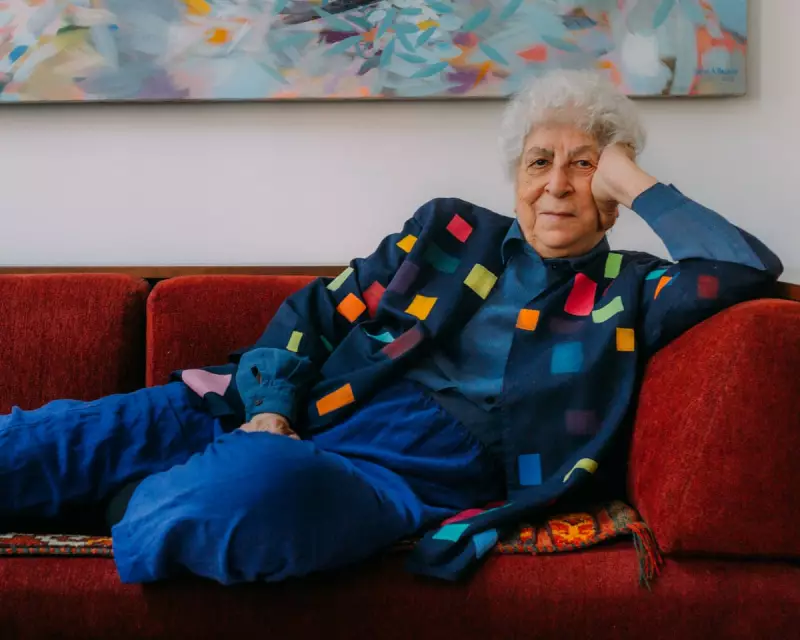
In a move that has sent shockwaves through the international art community, the celebrated Palestinian artist and scholar Samia Halaby has found herself at the centre of a fierce censorship storm. Her own alma mater, the prestigious Yale University, has abruptly cancelled a landmark retrospective of her work, while Norway's Munch Museum simultaneously withdrew a major lifetime achievement award.
The decisions, which Halaby attributes directly to her vocal pro-Palestinian political stance, represent a profound and chilling moment for artistic freedom. They raise urgent questions about the influence of political pressure on cultural institutions and the price of dissent.
A Prestigious Honour Withdrawn
The controversy began when Halaby, a pioneering figure in digital art and a Yale School of Art alumna, was nominated for the prestigious Munch Award. The honour, which includes a substantial €60,000 prize and an exhibition, was set to be a crowning achievement in her six-decade career.
However, shortly after her nomination was announced, the Munch Museum informed her they were rescinding the offer. The institution cited "a number of reactions" and a desire to avoid the award being "diverted from its artistic purpose" as the reason. For Halaby, the subtext was clear: her political views on Palestine had made her a controversial choice.
Yale's Retrospective Vanishes
The blow was compounded weeks later by an even more personal betrayal. Yale University, where Halaby was the first woman to hold a full-time associate professor position in its art department, suddenly cancelled a major retrospective of her work scheduled for 2024.
The university provided no clear explanation for the decision, leaving Halaby and curators bewildered. The artist firmly believes the cancellation is a direct result of her public statements regarding the ongoing conflict in Gaza, a topic she has never shied away from in her life or work.
Art, Politics, and the Right to Speak
Halaby, now 87, is a respected art historian and a key figure in the abstract movement. Her work is held in collections worldwide, including the Guggenheim and the British Museum. She argues that her political advocacy for Palestinian rights is inseparable from her identity and, by extension, her art.
Speaking from her home, she framed the institutions' actions as a capitulation to pro-Israel lobby groups, describing it as a "new, more virulent form of McCarthyism" designed to silence critical voices. The incident highlights the increasingly precarious position of artists who engage with politically charged issues, particularly concerning Israel and Palestine.
A Chilling Effect on Cultural Discourse
The dual cancellations have sparked outrage among free speech advocates, artists, and academics. Critics argue that when major institutions like Yale and the Munch Museum cave to external pressure, it creates a chilling effect, discouraging other artists and curators from engaging with vital, if difficult, subject matter.
This case transcends the individual experience of one artist. It has become a flashpoint in a much broader global debate about the boundaries of artistic expression, the role of cultural institutions as platforms for diverse voices, and the power of political orthodoxy to shut down necessary conversation.





